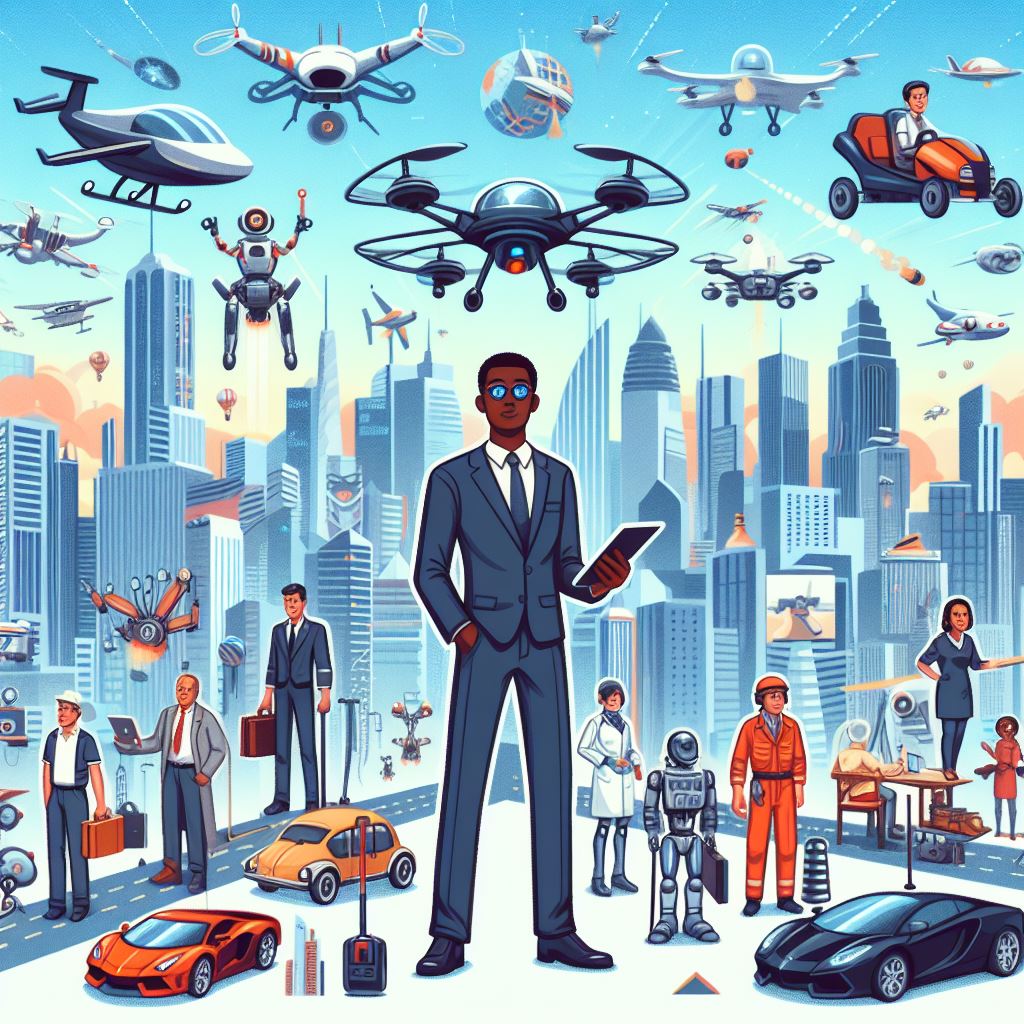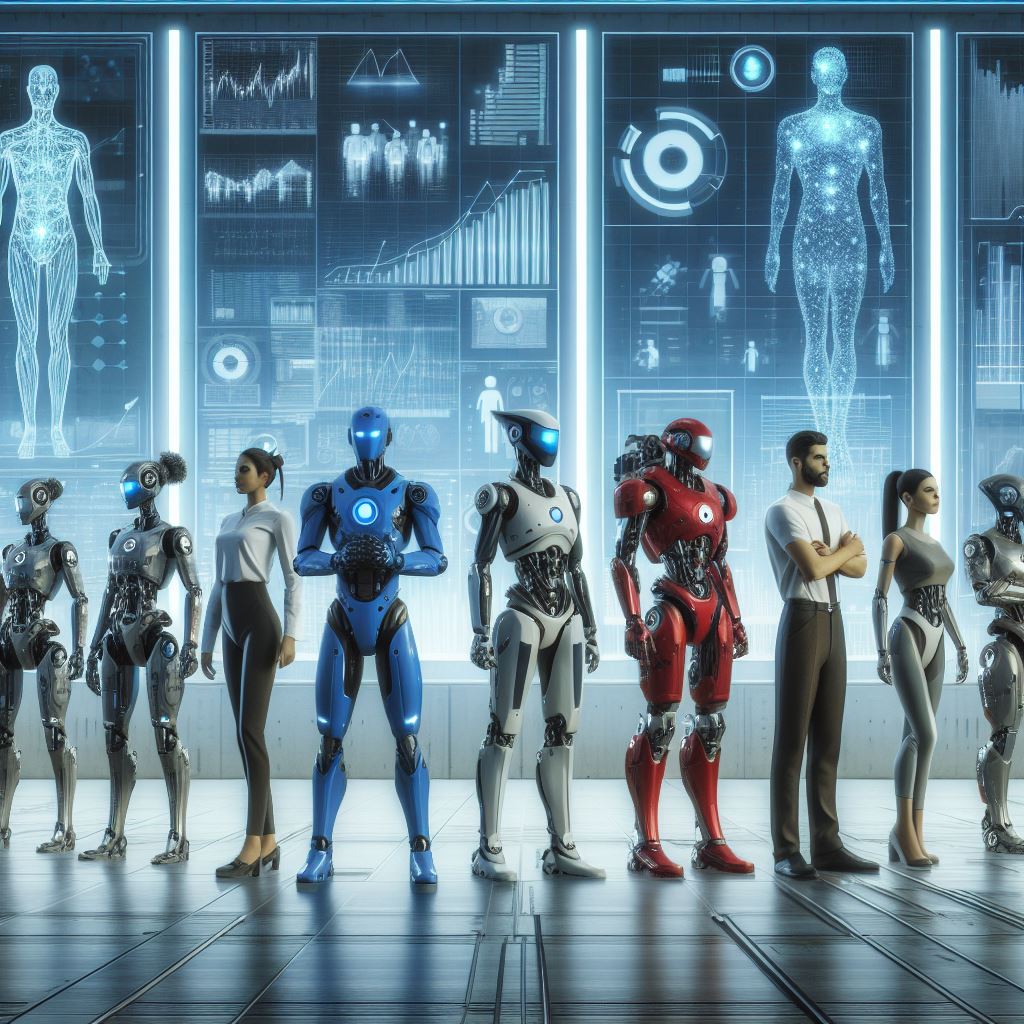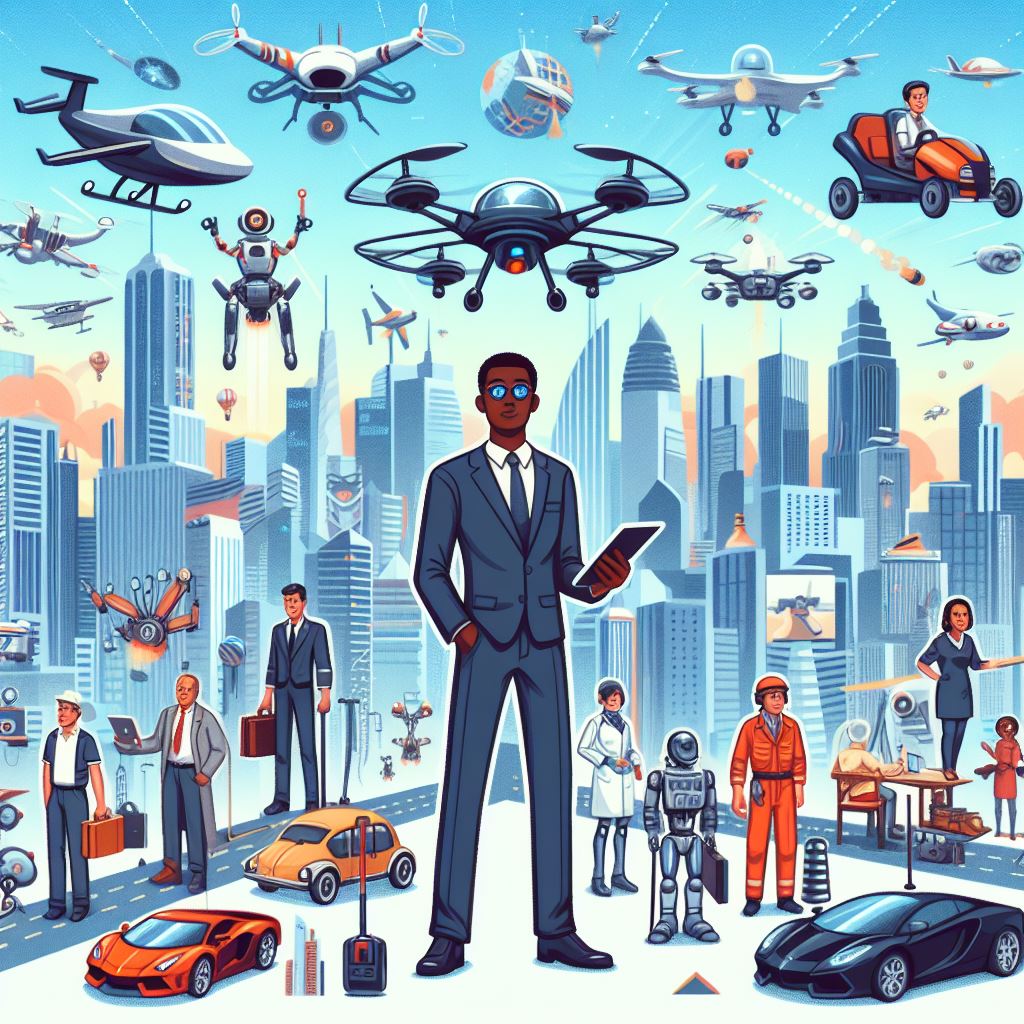The world of work is changing, thanks to the relentless march of automation. However, it’s crucial to dispel the myth that automation is here to steal jobs. In reality, it’s a powerful tool reshuffling the deck, creating a landscape rich with untapped opportunities for those willing to adapt and embrace change
| Job | Source | Reason |
|---|---|---|
| Customer Service | Forbes1 | Voice bots like Alexa and Google Home are already capable of doing everything for us that a customer service representative could. |
| Data Entry Clerks | Tech.co2 | Data entry is a repetitive and low-skill task that can be easily automated by software that can scan, read, and enter data faster and more accurately than humans. |
| Software Engineers and Coders | Tech.co2 | AI can generate code from natural language or graphical inputs, reducing the need for human programmers. AI can also debug, test, and optimize code more efficiently. |
| Paralegals | Forbes1 | Paralegals perform tasks such as document review, research and drafting contracts that can be automated by AI tools that can analyze legal data and generate insights. |
| Copywriters and Content Roles | Tech.co2 | AI can produce high-quality content for various purposes, such as marketing, journalism, and education, using natural language generation and understanding. AI can also personalize content for different audiences and platforms. |
| Graphic Designers | CareerAddict3 | AI can create logos, flyers, posters, and other graphic designs using algorithms that can generate original and appealing visuals. AI can also learn from user feedback and preferences to improve its designs. |
From Repetitive Tasks to Creative Collaborations: Jobs Where Humanity Thrives
Imagine a future where robots handle the mundane, freeing human minds to explore creativity, problem-solving, and collaboration. These uniquely human skills are poised to thrive in the automated era. Here are a few examples:

1. Data Wizards:
- As data floods our world, skilled analysts who decipher complex information and distill actionable insights will be in high demand. Think of them as the alchemists of the digital age, turning numbers into gold for businesses across industries.
2. Robot Architects:
- The rise of automation necessitates engineers who can design, build, and maintain these intelligent machines. From programming intricate algorithms to ensuring their safe operation, they’re the puppet masters behind the automation revolution.
3. Digital Storytellers:
- In a content-saturated world, marketers who can craft compelling narratives and engage audiences across online platforms will reign supreme. From weaving viral social media campaigns to developing data-driven content strategies, they’re the alchemists of online engagement.
Transformation and Adaptation: Jobs Evolving in the New Landscape
Exciting opportunities emerge in the evolving job landscape. Some existing roles may undergo significant changes or face automation in the coming decade. However, this doesn’t spell doom and gloom; it necessitates adaptation and reskilling. Here are a few examples:

1. Customer Service:
- Routine inquiries may be handled by chatbots, shifting the focus towards complex problem-solving, building genuine customer relationships, and offering personalized experiences.
2. Retail:
- Automated checkouts and robotic assistants could reduce the need for cashiers and some in-store roles, necessitating a focus on providing personalized customer service, curating unique experiences, and optimizing product recommendations.
3. Data Entry:
- As data entry tasks become automated, analysts may shift towards interpreting complex datasets, drawing strategic insights, and developing data-driven solutions.
4. Manufacturing:
- Automation of routine tasks on manufacturing lines could transform roles towards production monitoring, quality control, and maintenance of advanced machinery, as well as leveraging data analysis to optimize production processes.
Remember, even within these potentially impacted fields, unique human skills like critical thinking, creativity, and emotional intelligence will remain crucial. The key is to adapt and develop skills that complement, not compete with, automation.
Cultivating Skills for Success: Thriving in the Age of Robots
To thrive in the automated era, embrace continuous learning and develop skills that complement, not compete with machines. Here are key areas to focus on:
1. Sharpen your soft skills:
- Emotional intelligence, creativity, and critical thinking will be your secret weapons. Hone your communication, collaboration, and problem-solving abilities to stand out from the crowd.
2. Embrace data:
- Learn basic data analysis skills and tools. Understanding how to collect, interpret, and visualize data will empower you to make informed decisions and add value in data-driven roles.
3. Become a lifelong learner:
- Stay updated on the latest industry trends and technologies. Take online courses, attend workshops, and network with professionals in your field to continuously expand your knowledge and skill set.
Conclusion: Automation as a Catalyst, Not a Competitor
Automation isn’t the enemy; it’s a compass pointing toward a future brimming with potential. By understanding the evolving landscape and equipping yourself with the right skills, you can not only navigate the automated horizon but also carve your path to success. Embrace the challenge, hone your unique talents, and remember: the future of work belongs to those who collaborate with machines, not compete with them.
Ready to Chart Your Course?
Share your thoughts on the future of work and the skills you’re honing to thrive in the automated era. Let’s start a conversation in the comments below!
Remember, the future is bright for those who embrace change and see automation as an opportunity, not a threat. Embrace the possibilities, and let’s build a future where humans and machines work together to create a better tomorrow.
